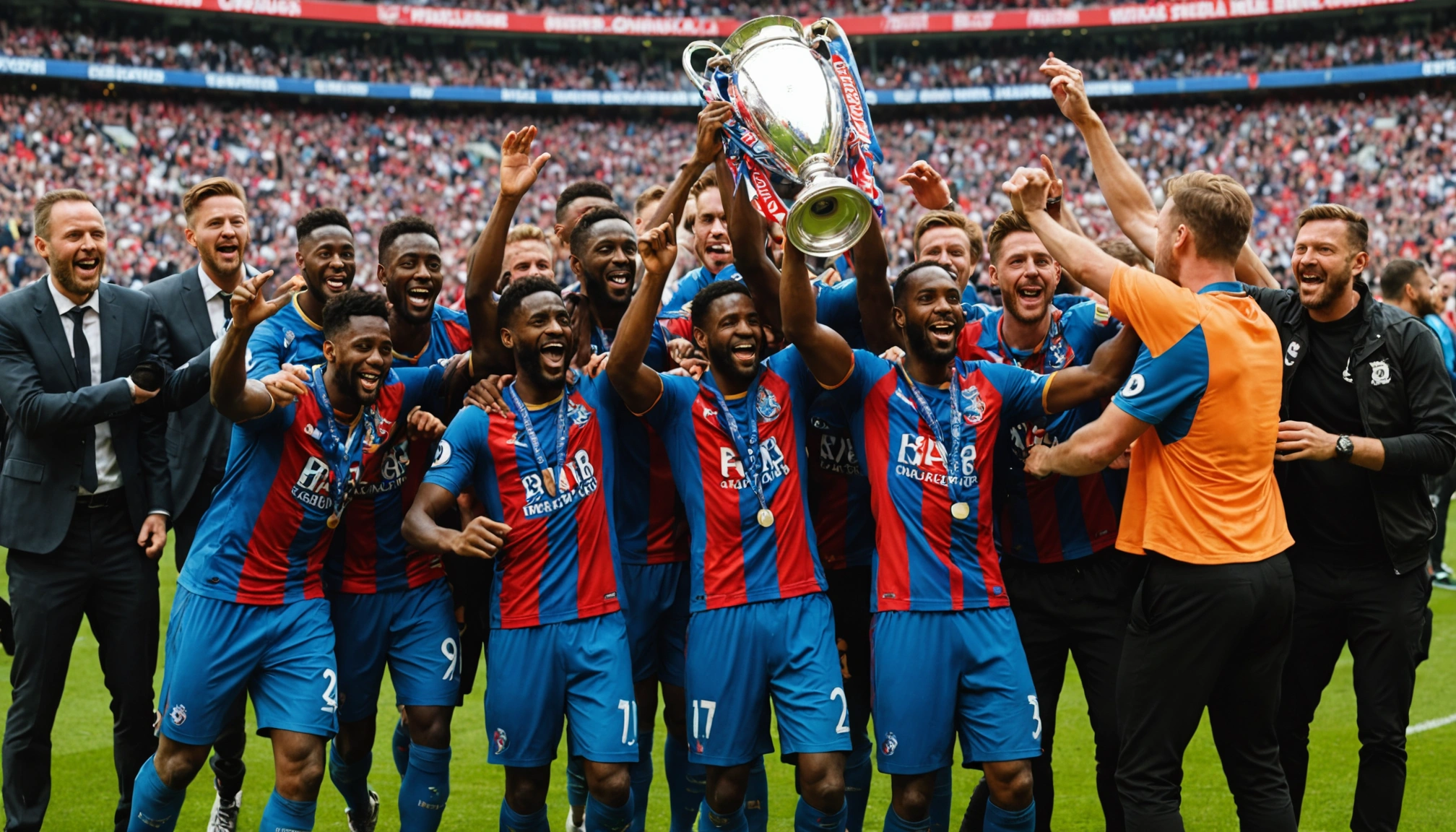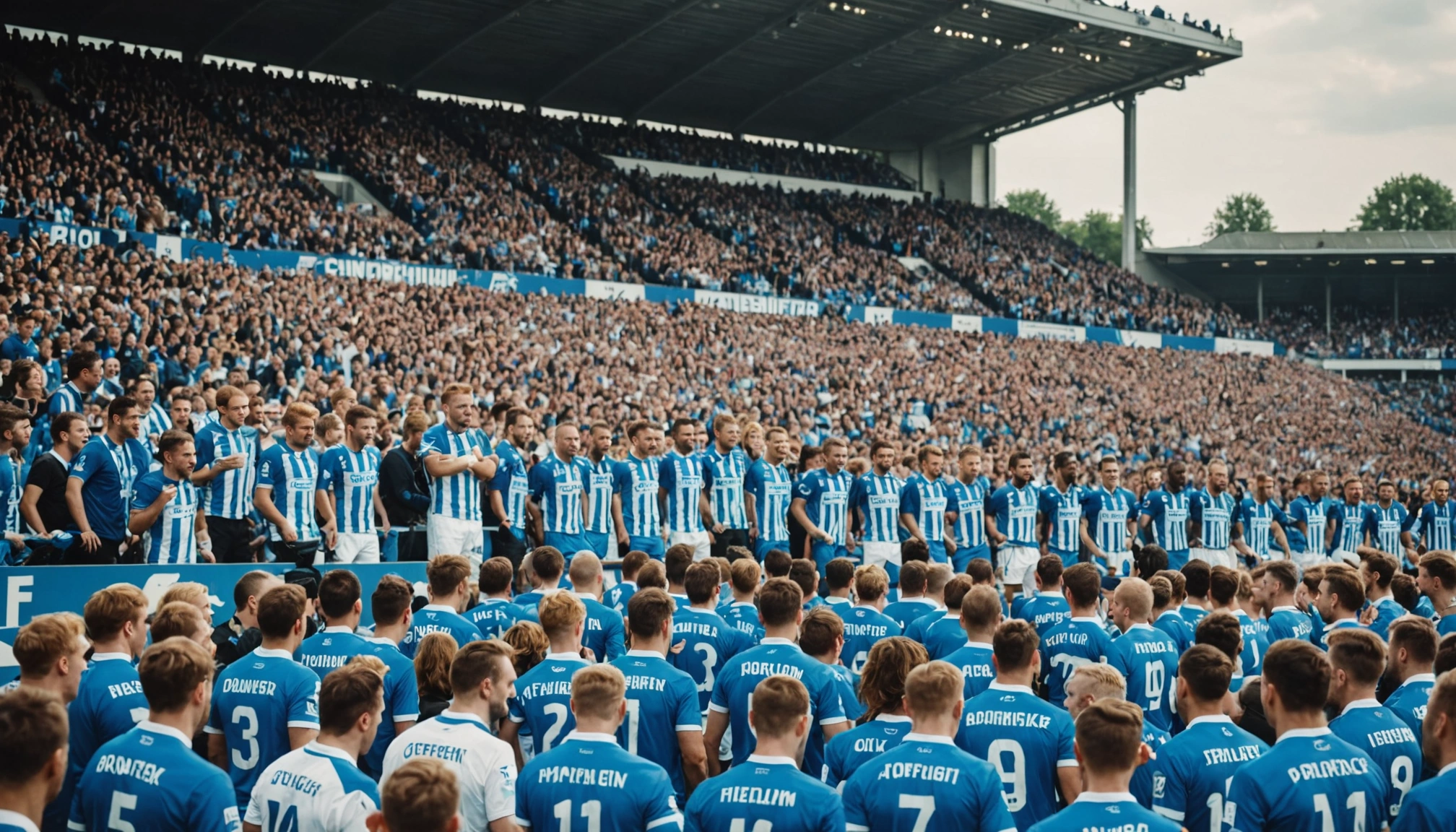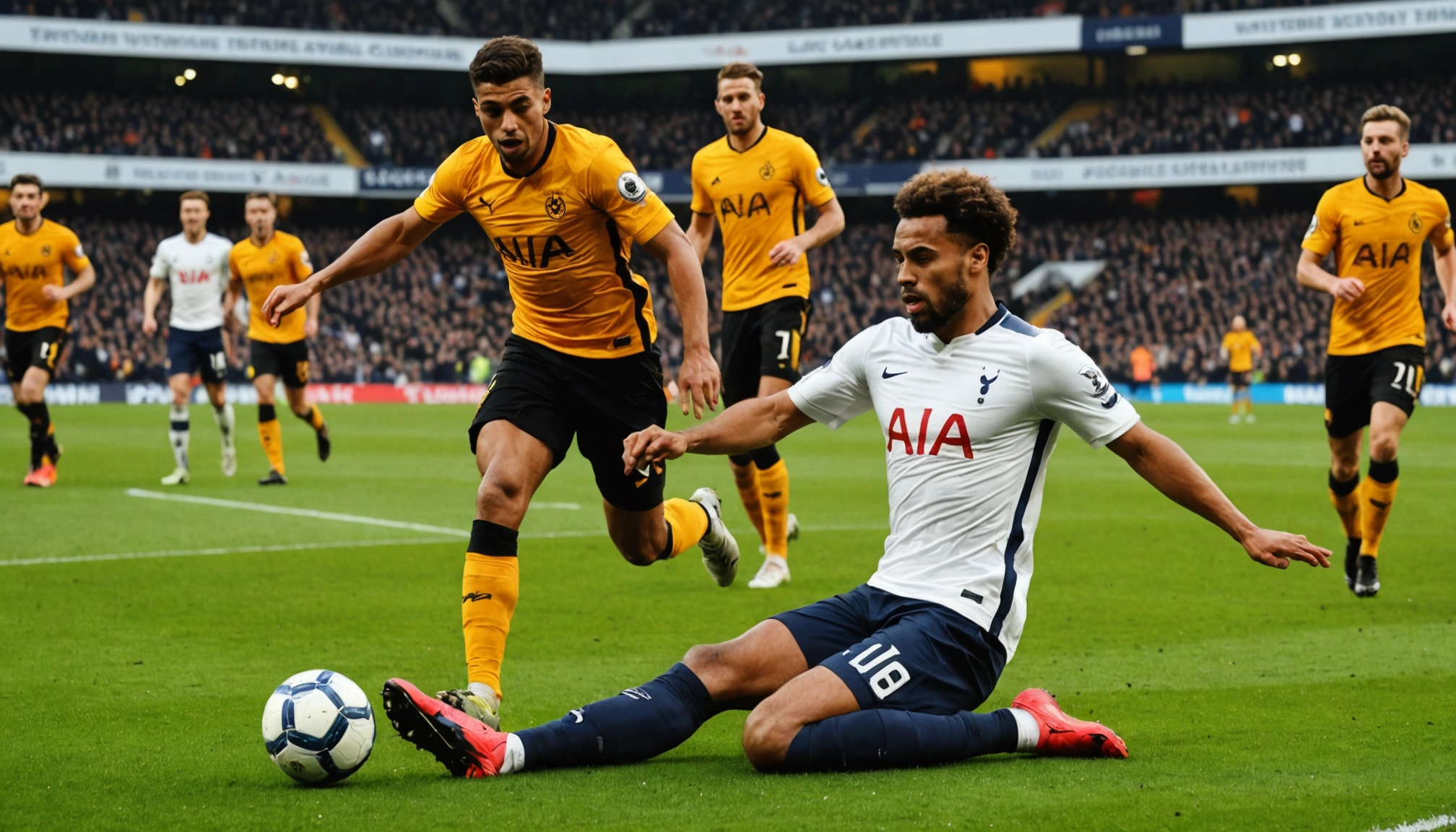Crystal Palace demoted from Europa League after failed appeal
Crystal Palace will compete in the Conference League after losing their appeal against Europa League demotion due to multi-club ownership rules.

By Editorial
Crystal Palace's appeal against Europa League demotion rejected
Crystal Palace have officially lost their appeal to overturn their demotion from the UEFA Europa League, meaning the club will instead compete in the UEFA Conference League this season. The Court of Arbitration for Sport (CAS) confirmed that Nottingham Forest will take Palace's place in the Europa League, following a dispute centred around multi-club ownership regulations.
Understanding the multi-club ownership issue
The controversy stems from American investor John Textor's ownership stakes. Textor held a 43% stake in Crystal Palace while also being the majority owner of Lyon, who had qualified for the Europa League. UEFA's rules strictly prohibit clubs with significant shared ownership or influence from competing in the same European competition to avoid conflicts of interest and potential collusion.
Palace had until 1 March 2025 to prove to UEFA that they had restructured their ownership to comply with these rules but failed to meet the deadline. Despite selling his stake in Palace in June 2025 to New York Jets owner Woody Johnson and resigning from Lyon's board, UEFA maintained that Textor still exerted decisive influence over both clubs at the relevant assessment date.
CAS ruling and implications
The CAS panel ruled that UEFA's regulations are clear-cut with no flexibility for non-compliance on the assessment date, dismissing Palace’s claims of unfair treatment compared to Nottingham Forest and Lyon. Consequently, Palace must now compete in the Conference League play-off round against either Fredrikstad from Norway or Denmark’s Midtjylland.
How did this situation unfold?
- 17 May 2025: Crystal Palace secured Europa League qualification by winning the FA Cup against Manchester City.
- 10 June 2025: Nottingham Forest raised concerns with UEFA regarding Palace’s eligibility for the Europa League.
- 23 June 2025: John Textor sold his stake in Palace, attempting to comply with UEFA rules.
- 30 June 2025: Textor stepped down from his position at Lyon.
- 11 July 2025: UEFA officially demoted Palace to the Conference League.
- 22 July 2025: Palace lodged an appeal with CAS.
- 8 August 2025: The CAS hearing took place, resulting in the rejection of Palace's appeal.
Nottingham Forest’s situation explained
UEFA’s multi-club ownership rules also affected Nottingham Forest’s eligibility considerations. Forest’s owner, Evangelos Marinakis, who also owns Olympiakos in Greece, mitigated potential conflicts by diluting his control over Forest. Forest's failure to qualify for the Champions League and their participation in a different European competition than Olympiakos meant no sanctions were applied against them.
This contrasts with Palace, whose failure to demonstrate compliance by the deadline led to their demotion.
Financial and sporting consequences for Crystal Palace
The demotion from the Europa League to the Conference League will have significant implications for Crystal Palace, both competitively and financially. The Europa League offers higher prestige, greater exposure, and substantially increased prize money and broadcasting revenues. The club is estimated to lose around £20 million due to this demotion—a considerable sum for a club of Palace’s size.
This financial impact could affect the club’s transfer window strategies, including their ability to attract new signings and retain key players. Talented squad members like Marc Guehi and Eberechi Eze have attracted interest from top Premier League clubs such as Liverpool, Arsenal, and Tottenham. With Guehi’s contract nearing expiration and Eze’s rising profile, Palace may face challenges in maintaining squad stability.
Potential silver linings in the Conference League
While the Conference League is a step down in terms of prestige, Palace could arguably have a better chance of progressing further or winning the competition due to a relatively less competitive field. This opportunity might help the club rebuild European experience and confidence for future campaigns.
What does this mean for Palace fans and the club's future?
For supporters, the disappointment will be significant, especially coming so soon after Palace’s Community Shield victory against Liverpool. The club’s leadership will need to focus on navigating these challenges strategically—balancing financial prudence with competitive ambitions.
Looking ahead, Palace must ensure full compliance with UEFA regulations to avoid similar issues. The club’s management might also explore strategic partnerships and squad development to remain competitive both domestically and in Europe.
Conclusion: lessons from Palace's Europa League demotion
Crystal Palace’s experience highlights the complexities of modern football ownership and governance. Adhering to multi-club ownership rules is critical to maintaining fair competition. Palace’s situation serves as a cautionary tale for clubs with cross-ownership stakes, emphasising the need for timely compliance to protect sporting and financial interests.
Though the setback is substantial, the club has opportunities to regroup and leverage the Conference League platform for growth. Fans and stakeholders alike will be watching closely to see how Palace responds in the coming months.
Related topics
Editorial
Sports expert at SportsScoop
Specialist in sports analysis and journalism
Related articles
Want to read more?
Explore our comprehensive collection of sports articles and analysis, or contact us for more information.



